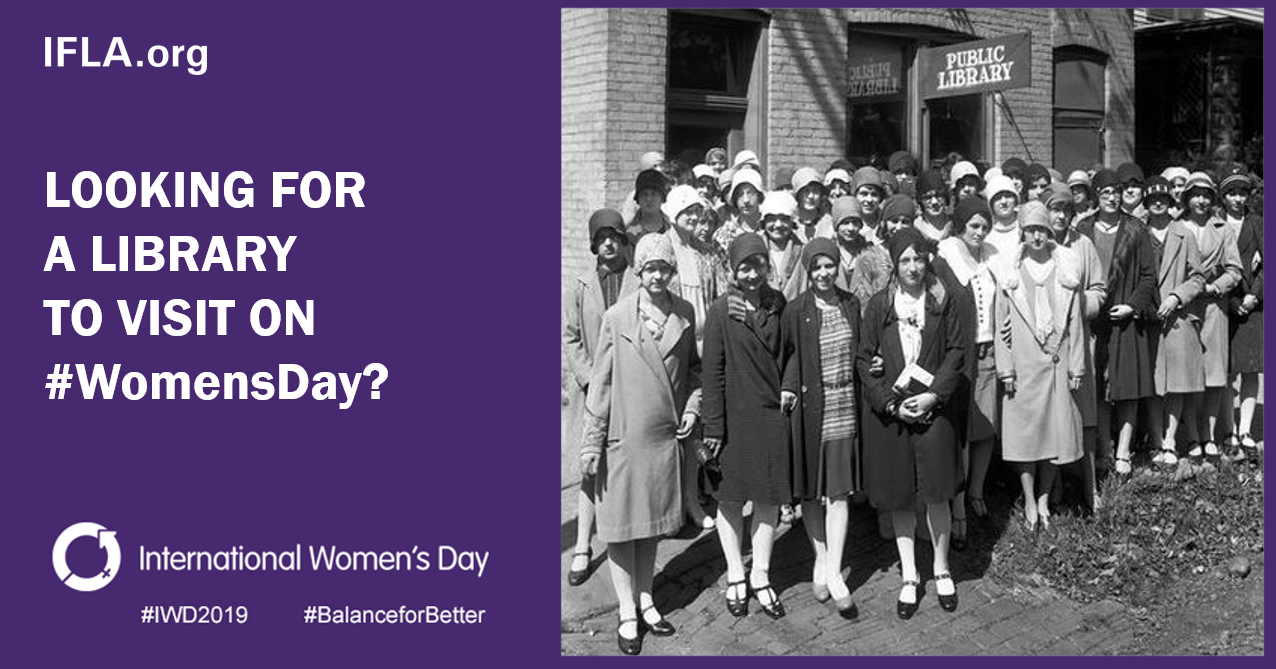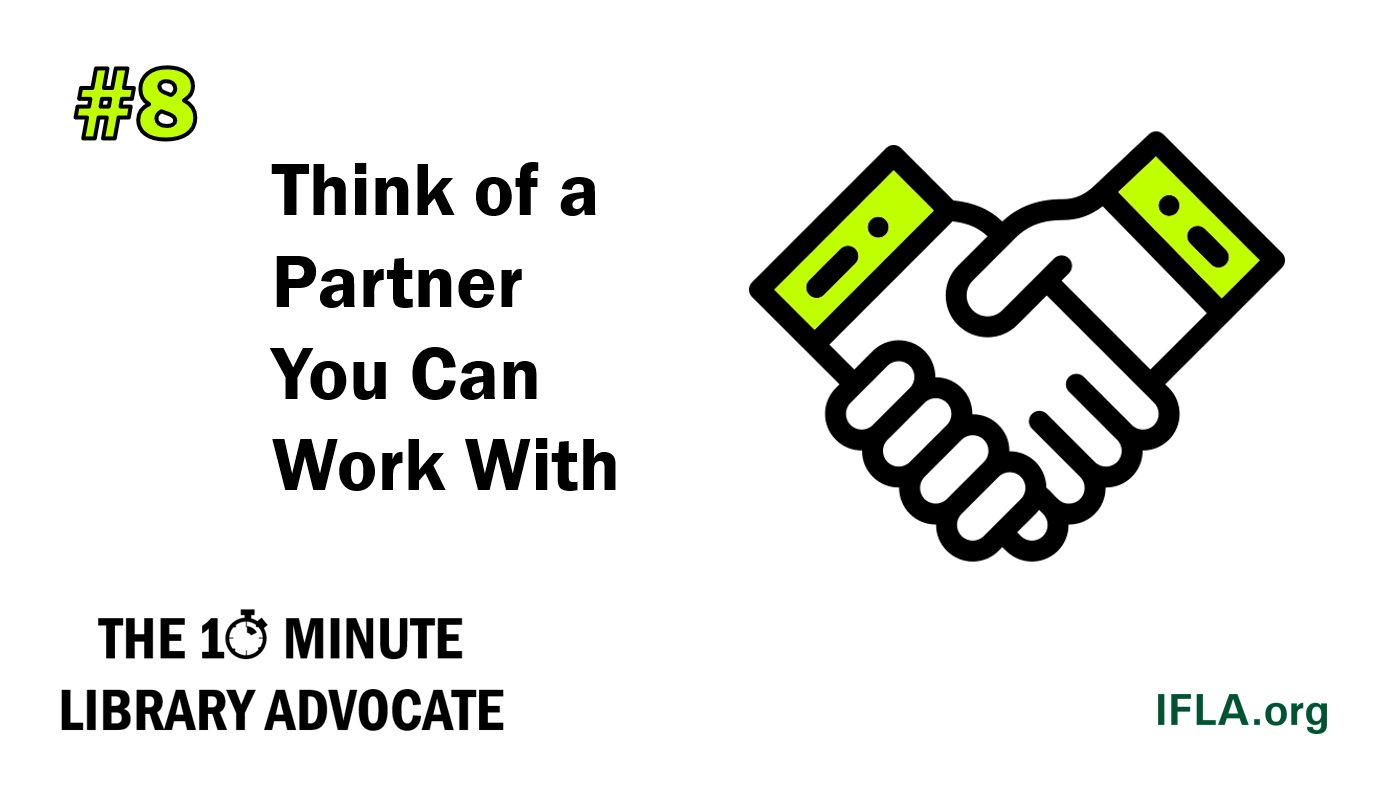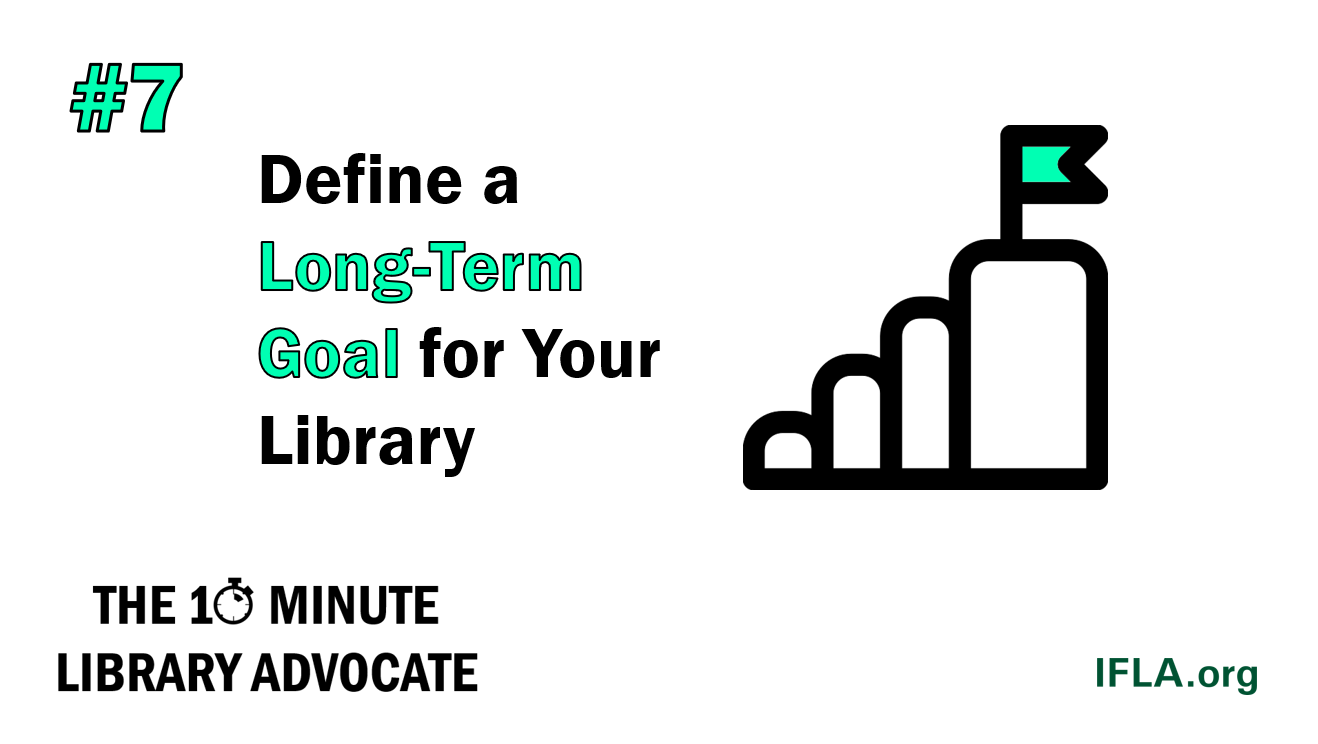
Access to information and culture is crucial to all human beings, especially often-marginalised groups such as women and girls. Libraries around the globe empower women, bridge the education gap and improve women’s health, welfare and position in society.
8 March is International Women’s Day – a celebration of womanhood but also a reminder of the importance of recognising women’s rights around the globe!
Libraries are already meeting the information needs of women as contributors of the library field to global development. But some libraries have taken it to the next level!
These 9 libraries stand out by their dedication to women, offering access to feminist literature and celebrating the cultural influence of women throughout the ages. Many, both historically and in the present, have also served as centres where women can learn, engage, and mobilise.
The Glasgow Women’s Library, UK
Glasgow Women’s Library is the only accredited museum in the UK dedicated to women’s lives, stories and achievements, and gives access to both a lending library and archival collections.
The Library works to support women and create a nourishing, safe and supportive environment that not only celebrates the lives and achievements of women, but also provides learning possibilities and activities. The Glasgow Women’s Library has been providing information and services since 1991, and since then more than a thousand women have contributed by volunteering, donating books or by being involved in some of the many activities at the library.

The Feminist Library, Lebanon
In Lebanon, feminist books are mostly found in private bookshelves or in universities, but this library believes that books shouldn’t be restricted to the few. Everybody should have access to reading!
The Feminist Library in Beirut sees books and reading as tools for survival and liberation for women and oppressed individuals, or those who do not feel a sense of belonging to their community.
They offer collections in Arabic, French and English, as well as Knowledge Workshops that promote more access to feminist knowledge as a way to improve women’s rights.
The Free Black Women’s Library, US
The Free Black Women’s Library is a black feminist mobile library with a big collection of books written by black women. It is committed to collecting and celebrating the voices of black women in literature.
This mobile library pops up monthly throughout Brooklyn, New York, but has also found its way to other cities in US such as Detroit, Chicago and Baltimore.
Jessie Street National Women’s Library, Australia
This library is dedicated to preserve Australian women’s work, words and history. It was established in 1989, named after Jessie Street, a recognised advocate for women’s rights, the peace movement and the elimination of discrimination against indigenous people.
The Women’s Library and Information Centre Foundation, Turkey
Founded in 1989 in Istanbul, The Women’s Library and Information Centre Foundation is the first Turkish library with a women-only collection. Its goal is to give access to credible and extensive information about women, which in turn contributes to the preservation of women’s history in Turkey.
The library also offers a wide range of activities, the latest being a one-day symposium on violence against women, followed by several workshops. The workshops have attracted participants from not only the region, but all over the world.

Biblioteca Francesca Bonnemaison, Spain
The library in Barcelona was the first ever women’s library in Europe! It was founded in 1909 as the Instituto de Cultura y Biblioteca Popular para la Mujer (Cultural Institute and Popular Library for Women) by Francesca Bonnemaison. Bonnemaison was a wealthy socialite and well-respected in the cultural and intellectual elite in the early 20th century Barcelona.
In its early days, the library offered women the opportunity to learn scientific, manual and artistic skills that would support their career development. Today, it is home to a reference library of feminist literature.
Bibliothèque Marguerite Durand, France
This Parisian library is the only French library dedicated entirely to women. It was created from one woman’s personal collection, the activist Marguerite Durand, also known for her feminist newspaper La Fronde.
Having already started to donate feminist texts and documents in 1897, she handed over her entire collection to the City of Paris in 1931.
The Women’s Library, UK
The origins of The Women’s Library can be traced back to the Suffragette movement and the 1866 women’s suffrage petition.
It began its life in a converted pub in London and had two goals: to provide a resource for newly enfranchised women to enter public life and to preserve the history of women’s movement.
The Library has eight documents which have been recognised by UNESCO in their Memory of the World Register and more than 1000 rare books.
Biblioteca delle Donne, Italy
Founded in the late 1970s, the Biblioteca delle Donne is Italy’s main library of documents dedicated to women, feminism and gender studies. It was founded on the initiative of an independent feminist organisation, Associazione Orlando, and is co-run with the City of Bologna.
The Library houses a great number of books and manuscripts, including Sofia’s Library, a dedicated collection of literature for young girls.

 Debates around fair use and fair dealing are often fierce. For some, they mark a step away from old certainties and bring new and unwanted risks. For others, they are a means of reducing the rigidity of strict, code-based legal systems that risk harming libraries’ ability to serve their users.
Debates around fair use and fair dealing are often fierce. For some, they mark a step away from old certainties and bring new and unwanted risks. For others, they are a means of reducing the rigidity of strict, code-based legal systems that risk harming libraries’ ability to serve their users.